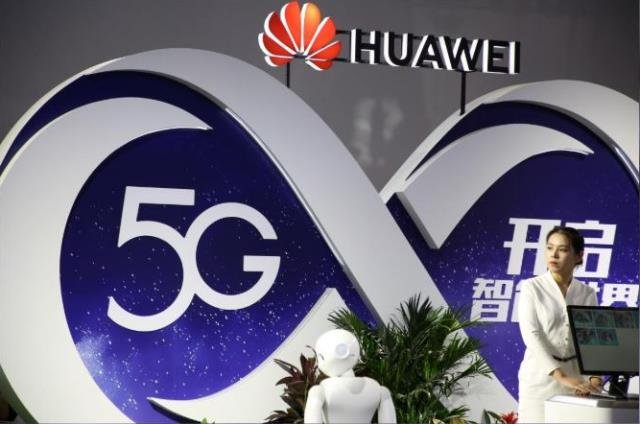Huawei said its 5G wireless and core network equipment has passed the GSMA’s Network Equipment Security Assurance Scheme (NESAS).

GSMA NESAS boosts the industry’s confidence in telecom network equipment, making it a practical choice for the industry and an important consideration for all regional markets, to jointly promote the development of more aligned mobile communications market.
NESAS is a standardized cybersecurity assessment mechanism jointly defined by GSMA and 3GPP, together with major operators, vendors, industry partners and regulators. It provides an industry-wide security assurance framework to facilitate improvements in security levels across the mobile industry.
It is a voluntary scheme through which network equipment vendors subject their product development and lifecycle processes to a comprehensive security audit against the currently active NESAS release and its security requirements. The summary independent audit reports of the NESAS assessment can be found here https://www.gsma.com/security/nesas-participating-vendors/
GSMA NESAS ensures that the relevant equipment meets the Scheme’s 5G network security and reliability requirements. The assessment process avoids fragmented assessments and their resulting costs, while improving the transparency of security protection levels in the industry through visual and measurable results.
NESAS covers 20 assessment categories, defining security requirements and an assessment framework for 5G product development and product lifecycle processes. It uses security test cases defined by 3GPP to assess the security of network equipment.
“NESAS provides a standardized and effective cyber security assessment, which allows the communications industry to ensure fairness. The Assessment is a valuable reference for stakeholders, such as operators, equipment vendors, government regulators, and application service providers,” said Devin Duan, head of 5G E2E Cybersecurity Marketing, Huawei.
Prior to passing GSMA NESAS, Huawei passed the 5G cyber security test by China’s IMT-2020 (5G) Promotion Group. These test specifications are based on the 3GPP international standards for 5G security assurance.
